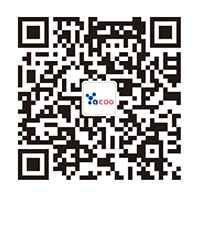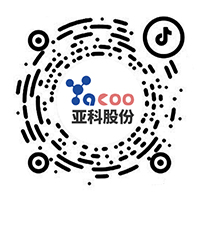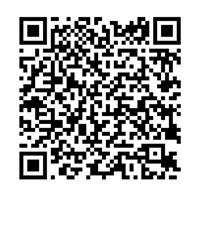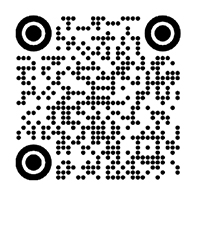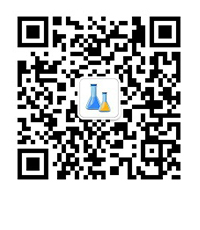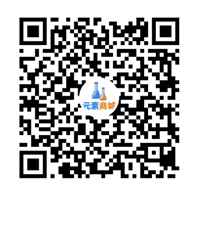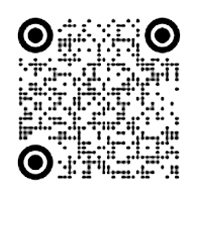Search Product
Structure Search
Search
Advantage Products
Location: Industrial Info
The Wireless Hydrogel Sensors for Cancer Detection
Hydrogel is a three-dimensional cross-linked network with good biocompatibility and loose network structure, which is widely used in the research of biomedicine, flexible electronic skin and other fields. In recent years, research on self-healing hydrogels with electronic conductivity has become a hot spot.
Recently, researchers from Korea National Transportation University and Yuanguang University developed stimuli-responsive electrochemical wireless hydrogel biosensors using ureidopyriminone-conjugated gelatin (Gel-UPy) hydrogels that incorporate diselenide-containing carbon dots (dsCD) for cancer detection.
.png)
The cleavage of diselenide groups of the dsCD within the hydrogels by glutathione (GSH) or reactive oxygen species (ROS) initiates the formation of hydrogen bonds that affect the self-healing ability, conductivity, and adhesiveness of the Gel-UPy/dsCD hydrogels. The Gel-UPy/dsCD hydrogels demonstrate more rapid healing under tumor conditions (MDA-MB-231) compared to that observed under physiological conditions (MDCK). Additionally, the cleavage of diselenide bonds affects the electrochemical signals due to the degradation of dsCD. The hydrogels also exhibit excellent adhesiveness and in vivo cancer detection ability after exposure to a high concentration of GSH or ROS, and this is comparable to results observed in a low concentration environment.
This study shows that the carbon dot (dsCD) uracilone conjugated gelatin (Gel-UPy) hydrogel containing diselenide has excellent self-healing, electrical conductivity and adhesion, and has With high sensitivity and selectivity, the biosensor based on the hydrogel will have broad application prospects in the field of biomedicine, especially in applications involving cancer detection, providing the possibility of early prevention of cancer.
References: Hyun Jeong Won, et al. Diselenide-Bridged Carbon-Dot-Mediated Self-Healing, Conductive, and Adhesive, Wireless Hydrogel Sensors for Label-Free Breast Cancer Detection. ACS Nano, 2020.DOI: 10.1021/acsnano.0c02517

